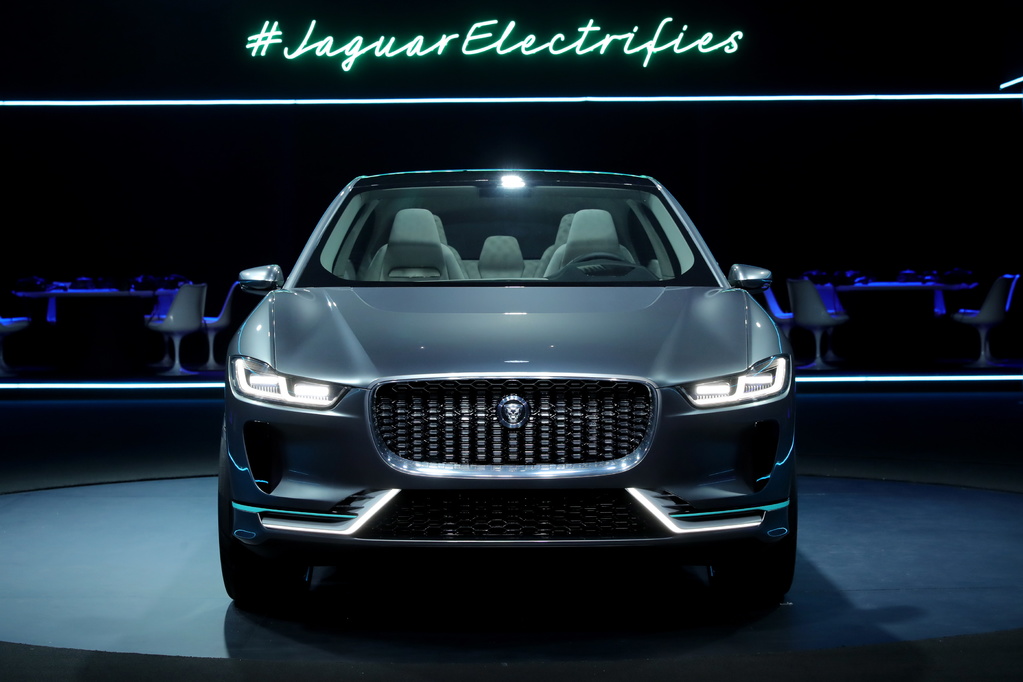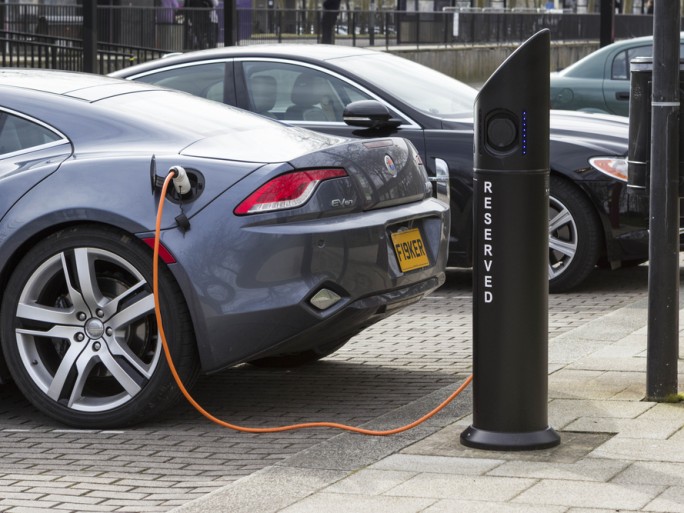New models of electric cars are required to emit a sound from Monday under new EU rules designed to prevent harm to pedestrians.
The rules come in response to complaints by groups including charity Guide Dogs that electric cars were too quiet and could not be heard approaching.
The regulations, which apply to new types of electric and hybrid four-wheeled vehicles, require them to emit a sound of between 56 and 75 decibels that changes in pitch as the car accelerates or decelerates.
A gasoline-powered car typically emits about 75 decibels when in motion.

Custom tones
The cars are only required to emit the sound when travelling below 20 kilometres per hour (12mph) or when reversing, with the reasoning that those are the conditions under which vehicles are likely to be near to pedestrians.
The Guide Dogs charity said it would have preferred vehicles to be required to emit sounds at all times.
Drivers will have the ability to switch the acoustic vehicle alert system (AVAS) off if they feel the need to do so.
Manufacturers are allowed to use the noise of their choice, and car makers including Jaguar, BMW and Nissan have published videos previewing their AVAS tones.
Confidence
The rules was instituted in 2014 with Article 8 of the Regulation on the Sound Level of Motor Vehicles issued by the European Parliament and the European Council.
From 2021, all new electric vehicles, and not just new models, must be fitted with the noise-emitting devices.
“This new requirement will give pedestrians added confidence when crossing the road,” said roads minister Michael Ellis.
The government has said it wants to ban the sale of new petrol and diesel cars and vans by 2040.




